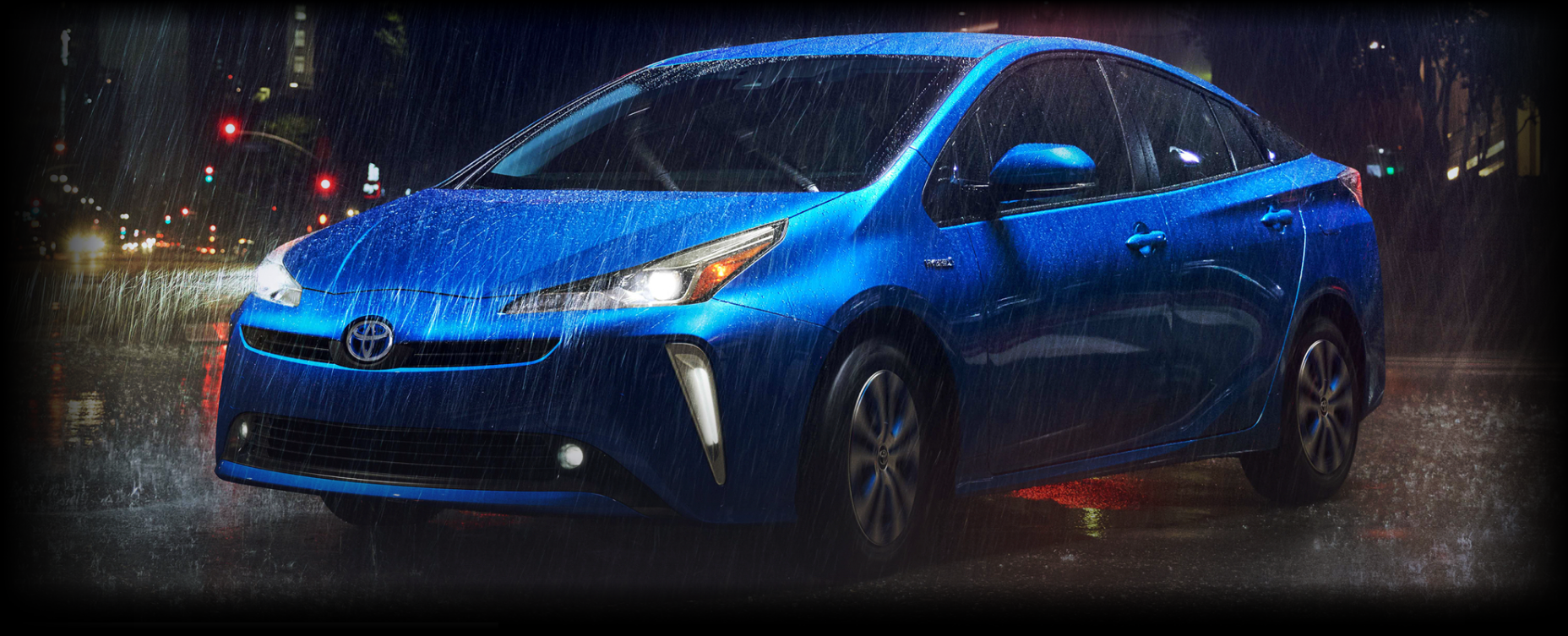
Why Toyota Hybrid
Toyota hybrids don't compromise on power or performance. They recharge on the go, so they never need to be plugged in. They require no additional routine maintenance or change in driving and fueling habits. And they help you reduce your carbon footprint with every kilometre. In fact, since 1997, Toyota's hybrid lineup has prevented over 94 million tons of CO2 emissions globally.
With multiple award-winning models to choose from, there's a Toyota hybrid to match your lifestyle. So why not get one today?

Reasons to Choose Hybrid
The reasons to choose a hybrid are as diverse as the lives we lead. And with the most hybrid models on the market, we have one to help you get the most out of life.
-
ENJOY THE RIDE
-
EFFICIENCIES
-
ENVIRONMENTALLY FRIENDLY
-
PEACE OF MIND


















